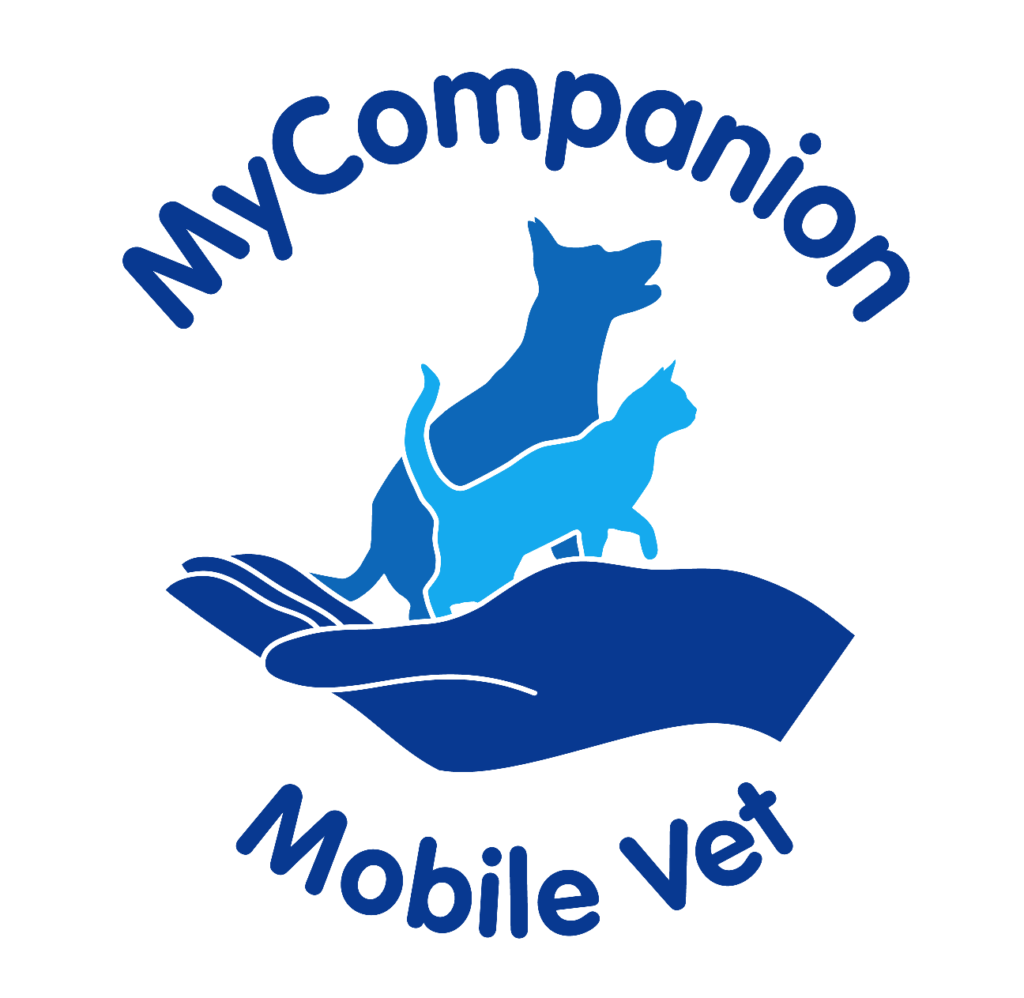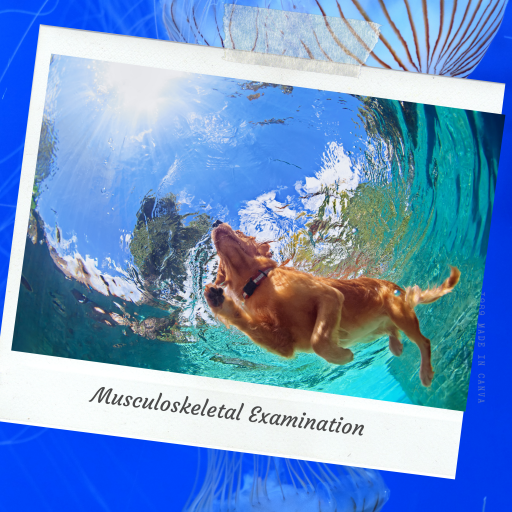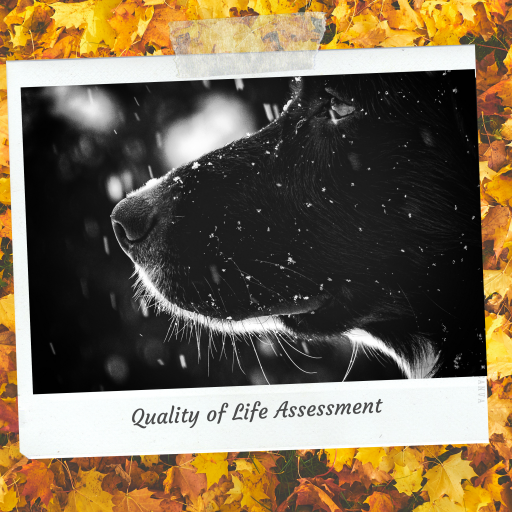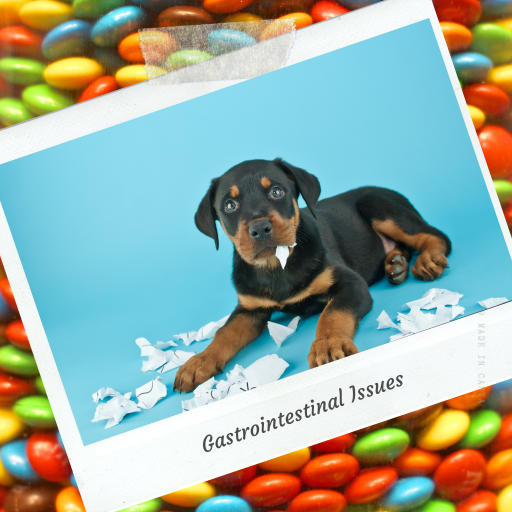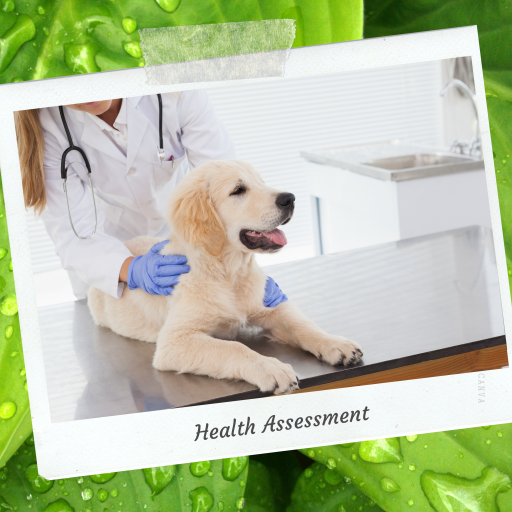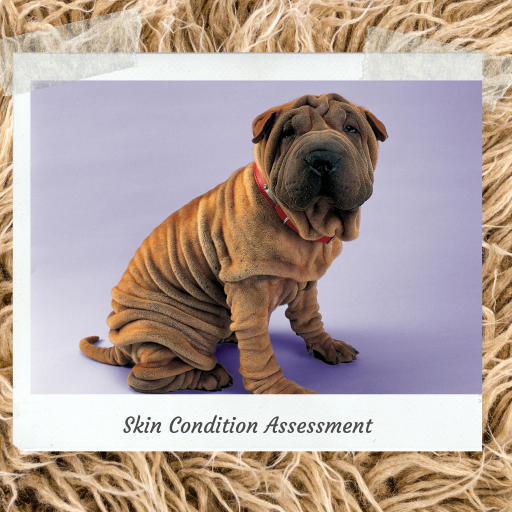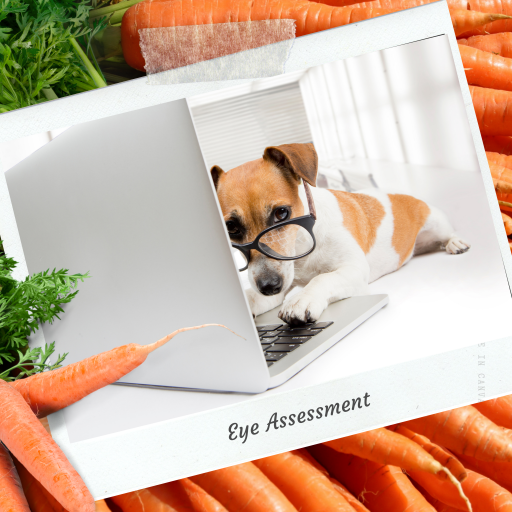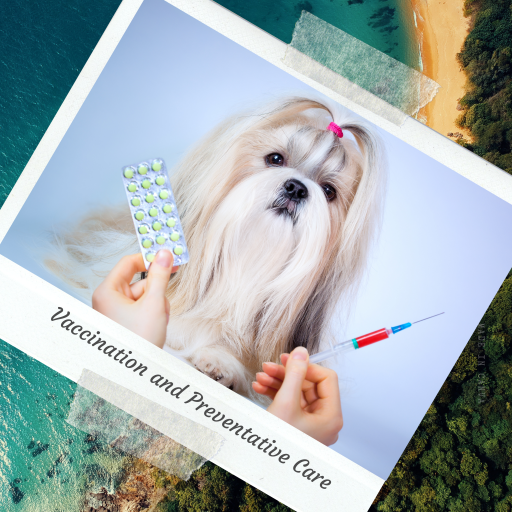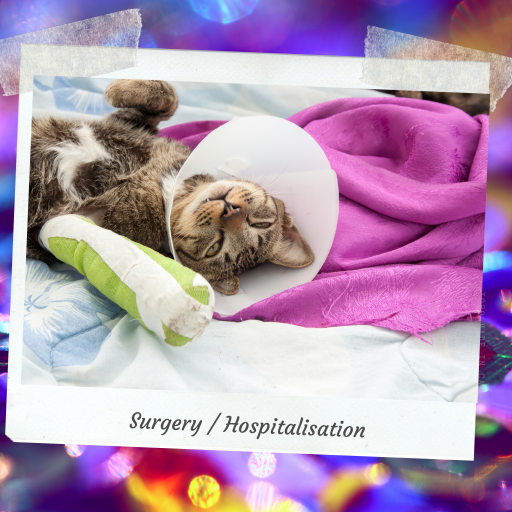
Musculoskeletal Examination
Pets of all ages can be affected by some form of musculoskeletal (muscle, bone and joint) disease. Just like us, they can suffer from aches and pains. The signs of this disease can range from severe to unseen. Sometimes pet owners can find it hard to tell when their fur baby is suffering from musculoskeletal disease.
Here are some signs to look out for:
- They hesitate or have stopped jumping
- They are no longer using usual area(s) such as sitting on a window sill or using a raised bed
- They are acting “old”
- There is a reduction in their activity level
- They seem slower to rise after lying down; can be worse in colder weather
- They find it difficult to rise after exercise
- They tire easily when exercising
- They “bunny hop” (using both rear legs at once while walking, running or navigating steps). Note: it can be normal to pounce or jump using both hind limbs while playing or hunting
- They paddle their front feet when walking or running
- They play less often or are sitting or lying more when playing
- They are episodically or persistently limping
- They are uncomfortable when touched on certain places eg legs, hips, back. There are many causes for musculoskeletal disease such as trauma, infection, inherited conditions, nutrition and more. Sometimes other diseases can affect the musculoskeletal system such as neurological disease or diseases that cause your pet to feel fatigued, painful or weak.
There are many causes for musculoskeletal disease such as trauma, infection, inherited conditions, nutrition and more. Sometimes other diseases can affect the musculoskeletal system such as neurological disease or diseases that cause your pet to feel fatigued, painful or weak.
We will evaluate your pet during our consultation and advise you of your options. We may recommend further diagnostics such as Xrays. There are different treatments available depending on the cause. For suspected strains-controlled exercise and pain relief medication may be recommended. For serious conditions further investigation, surgery or referral may be recommended. For both minor and major conditions we often recommend rehabilitation.
NOTE: Some patients can be reactive when touched anywhere during examination and some hide pain well or are extremely well behaved and don’t make a fuss when their painful area is manipulated.
Sometimes the problem is only seen at certain times like after running or waking up. This can make it difficult to locate the problem.
If you notice your pet is moving differently we recommend you take a video. Then have it available or email it to us at info@mycompanionvet.com.au before the consultation. This can be very helpful to better locate the problem area(s) for some patients.
